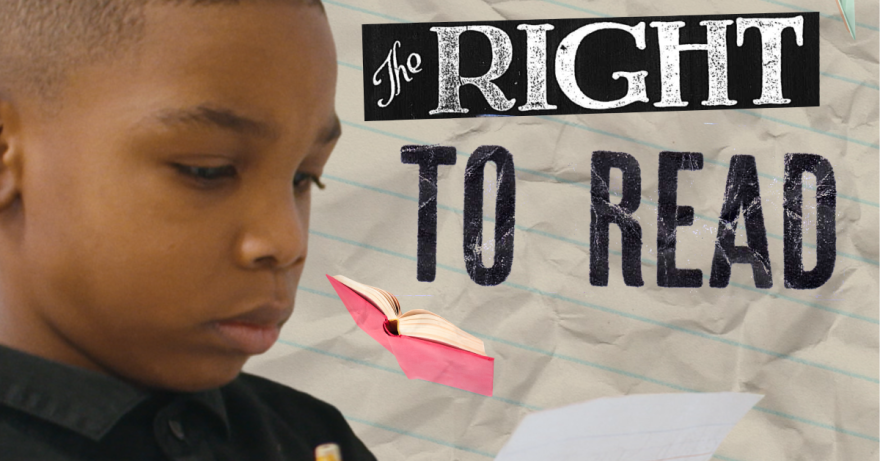You’ve watched The Right to Read—now it’s time to take action.
You’ve watched The Right to Read documentary—been captivated by the work of Kareem Weaver, angered at the injustice of a failing education system, and have been inspired to do something. But what?
Read by 4th partners have curated this list of ideas and resources to support young readers in Philadelphia.
Everyone has a role to play in growing stronger readers. Let’s find yours.
FAMILIES
Make reading together a special time. To make the most of story time, ask questions, build vocabulary, and connect the story to your life. Get more tips at readingpromise.org.
Practice the alphabet, Philly style. Visit PhillyABCs.org and grab a free poster from your neighborhood library. Remember, learning the ABCs takes practicing all three: letter names, letter shapes, and letter sounds.
Talk it up. Back-and-forth conversations, where your child truly feels seen and heard, help build language skills and self-confidence.
Champion your child’s school success. Ask your child’s teacher if instruction is aligned with the science of reading and how you can support them at home.
Create together. Making time for the power of play, imagination, and creativity helps boost literacy.
If you feel your child is behind, explore tutoring options like the District’s free virtual tutoring for grades K-12.
Protect your child's right to read. Learn more about Philly’s literacy crisis and movement. Raise the topic at SAC, Home and School Association, and school board meetings.
COMMUNITY CHAMPIONS
Celebrate readers in your neighborhood. It may seem small, but your words of encouragement help motivate young readers and their families.
Volunteer as a reading tutor at your local school, library, or community organization. Or become your neighborhood’s Reading Captain!
Host a Reading Promise Week festival. Philly’s annual family literacy festival brings community-driven events and free children’s books citywide.
Apply to the Neighborhood Literacy Fund with ideas to support Philly’s young readers. If selected, you could be awarded up to $2,000.
Donate gently used books to Tree House Books or Philly Book Bank.
Support Philly’s independent bookstores and visit your local library.
EDUCATORS AND SYSTEMS LEADERS
Learn more about how children learn to read and write. Check out Read by 4th’s reading list and find evidence-based teaching strategies and classroom resources at ReadingUniverse.org.
Enroll in professional development about the Science of Reading. Teachers, administrators, and school systems should invest in courses like AIM Pathways and Lexia LETRS®. And explore FREE learning opportunities like PaTTAN PA Science of Reading: Knowledge Course and SAS PD Center’s Introduction to Structured Literacy.
Encourage prospective educators to choose their teacher preparation wisely. According to the National Council on Teacher Quality, just 25% of teacher prep programs cover all five core reading instruction areas. This teacher prep consumer guide can help you see if the programs you’re considering are aligned with the science of reading.
Champion culturally affirming pedagogy with books and resources that reflect your students, promote positive identity development, and introduce them to new worlds. See how books measure up against Parent Child Plus’ Anti Bias Book Checklist.
Join a community of practice like the Facebook group Science of Reading-What I Should Have Learned in College. Or make your own.
Advocate for fair school funding and the Science of Reading. Keep up with Pennsylvania’s historic school funding lawsuit and learn about PA’s science of reading policies including Chapter 49, PA House Bill 998, and PA Senate Bill 801.
Host a Screening of The Right to Read
More people should see this movie. You can request a screening and host a community conversation with the official discussion guide.


































